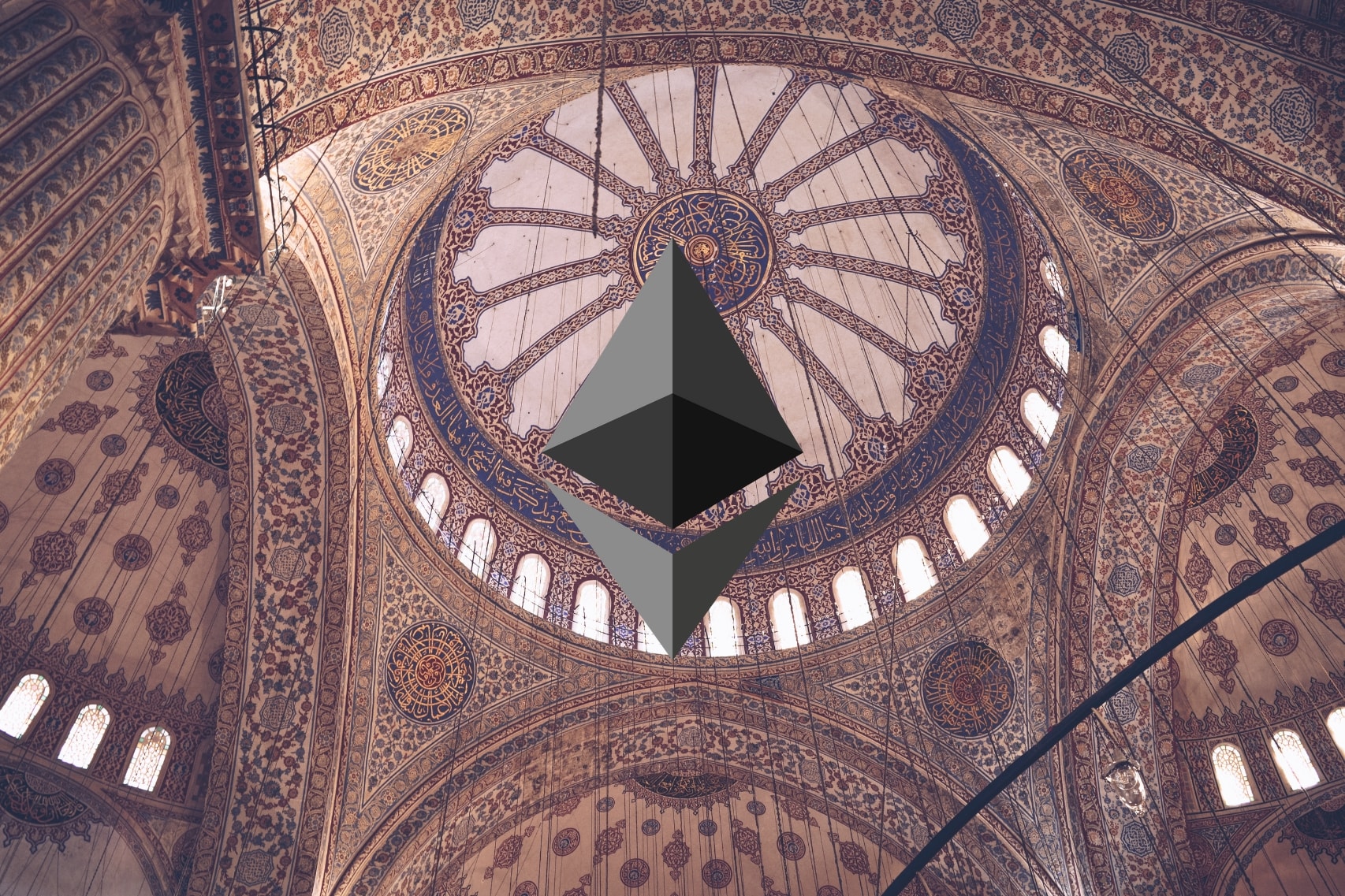Ethereum (ETH), the second-largest cryptocurrency by market cap, successfully implemented the long-awaited Constantinople hard fork on February 28 at block 7,280,000, according to ethstats.net.
The hard fork was a major upgrade to the Ethereum blockchain that included improvements to the fees structure and network efficiency while also laying the foundation for scaling solutions, like off-chain transactions.
The upgrade is vital to Ethereum’s transition to Ethereum 2.0, Ethereum’s final system upgrade that makes it better and faster.
Constantinople and St. Petersburg Network Upgrades
In addition to the Constantinople upgrade, Ethereum’s mainnet also experienced an upgrade called St. Petersburg, which was introduced following the previous delay of the Constantinople hard fork when security vulnerabilities were found in Ethereum Improvement Proposal (EIP) 1283.
The sole purpose of the St. Petersburg upgrade was meant to delete EIP 1283 once the proposal was implemented via the Constantinople hard fork. Everything went according to plan and the updates are now live on Ethereum’s mainnet.
Have All Ethereum Users Adopted the Updates?
While the upgrades were a success, data on Ethernodes.org show that not all Ethereum (ETH) users have adopted the updates. For instance, just 28.2% of Geth and Parity clients are reportedly running the Constantinople-compliant version of Ethereum.
However, this is nothing to be concerned about, as the upgrade is still very new and Ethereum clients are probably remaining cautious at first to avoid any potential bugs in the upgrade.
All in all, the success of Ethereum’s Constantinople upgrade is a weight lifted off many people’s shoulders, as there was much speculation that the hard fork could be delayed again. After all, Ethereum is notorious for delaying upgrades and Constantinople was already delayed twice before.
Though the upgrades were a success, the price of Ethereum (ETH) did not react to the upgrade as the price remains stagnant, hovering around $136 to $137 at press time.
When do you think all of the Ethereum clients will take the plunge and adopt the upgrade? Are they waiting to see if there are unknown bugs? Let us know what you think in the comment section below.

